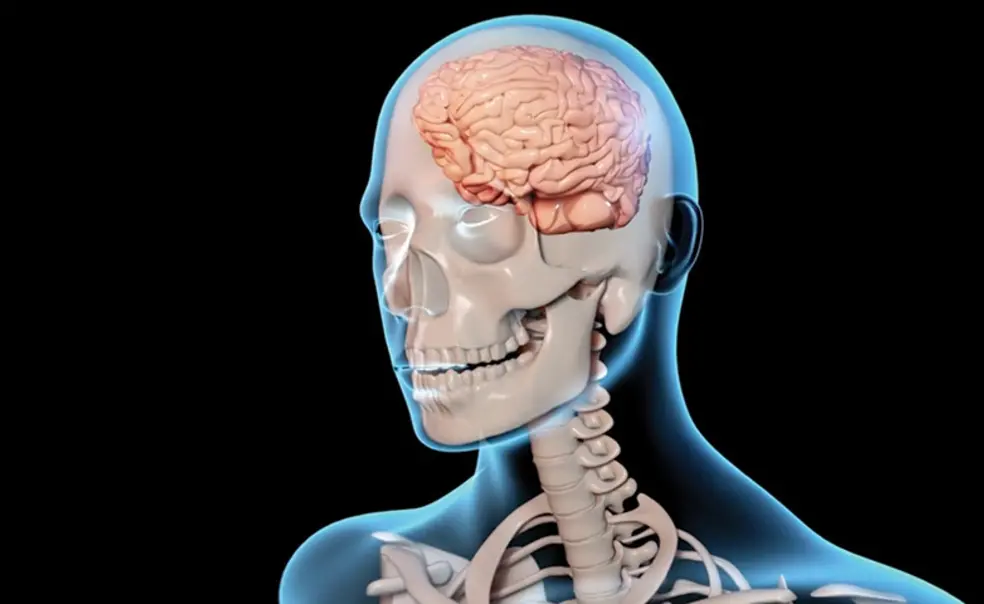Brain Injury Project Among 19 Winners at Princeton Research Day
Nicole Katchur ’17’s choice to study head injuries stems from a personal place — her sister suffered a brain injury as a child. As an undergraduate she majored in neuroscience, and now as a third-year graduate student she focuses on the long-term impacts of traumatic brain injuries (TBI) to understand what leads to chronic traumatic encephalopathy (CTE). The latter has been recently found with greater frequency in athletes who play contact sports and military members and is believed to be linked to repeated blows to the head.
“What I hope to accomplish is to understand that transition period, so we can identify a protein or a protein network that we can target for therapeutics,” Katchur said. “I don’t know if that will happen in my time here … but that would be the ultimate goal.”
For her research, Katchur repeatedly injured the heads of fruit flies using a device that administered powerful bursts of carbon dioxide through a tube, then she studied the changes over time. After screening more than 700 proteins, she found support for the theory that repeated injuries eventually lead to CTE.
Katchur’s project was one of 19 completed by students and postdocs awarded at Princeton Research Day on May 11. From ideas for tackling climate change to various medical interventions, the event showcased some of the research happening across campus throughout the disciplines. Judges considered both in-person presentations and three-minute video submissions and based their decisions on how effectively the research is communicated for a general audience.
Katchur won the Graduate Student Impact Award for her video presentation, given for clearly communicating the positive impact of research “on enriching or improving our culture, community, or society,” the award’s description states.
Katchur was glad to see others found value in her work. “I realized that this is something that’s applicable to a lot of people especially because it is a silent epidemic. Everybody knows somebody with a brain injury, and people are always worried about what’s the long-term outcome,” she said. “We don’t know if somebody gets hurt now, what’s going to happen to them in 20 years.”
READ about other winning projects presented during Research Day at paw.princeton.edu












No responses yet